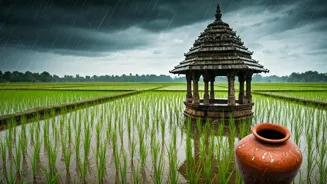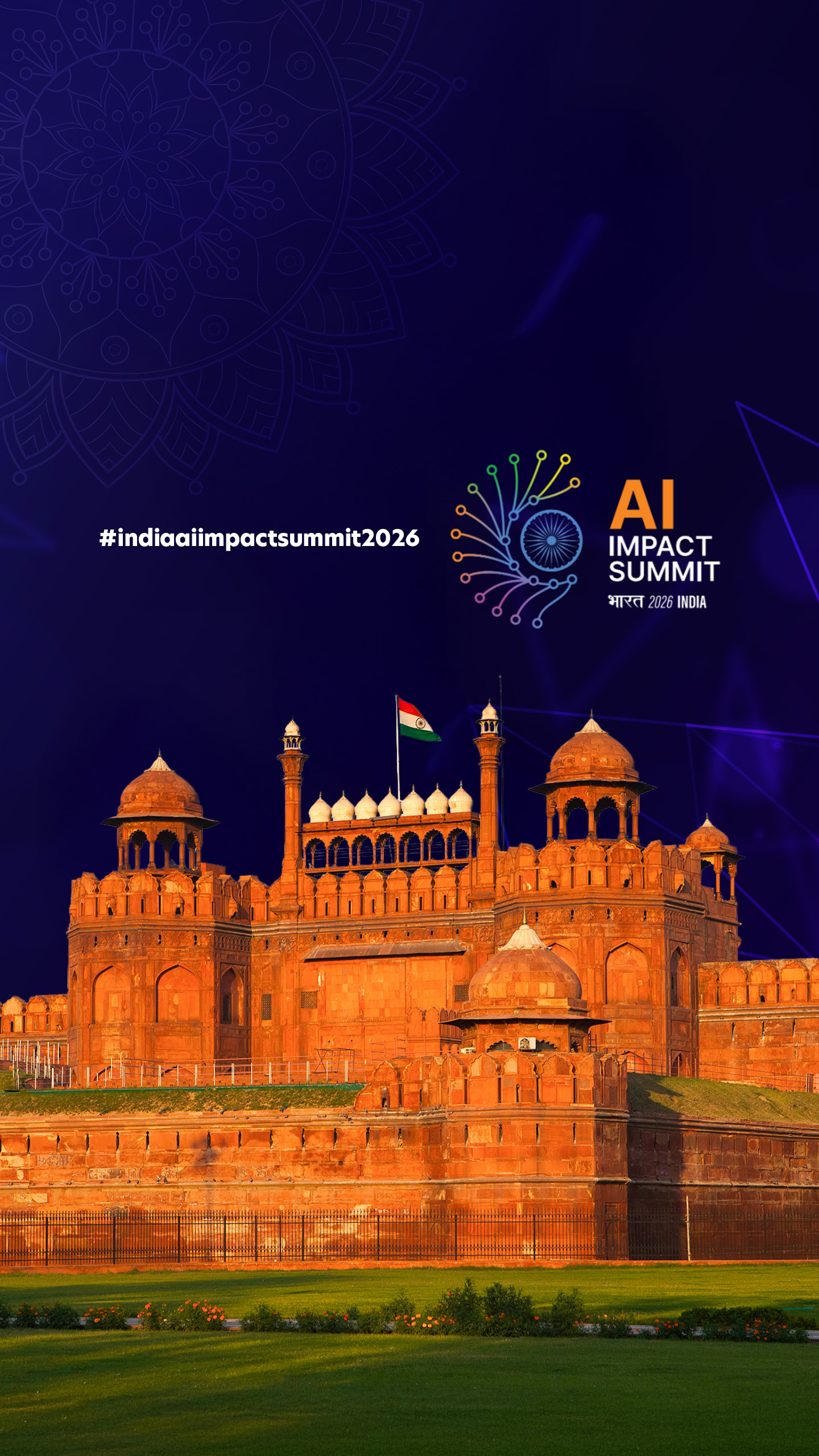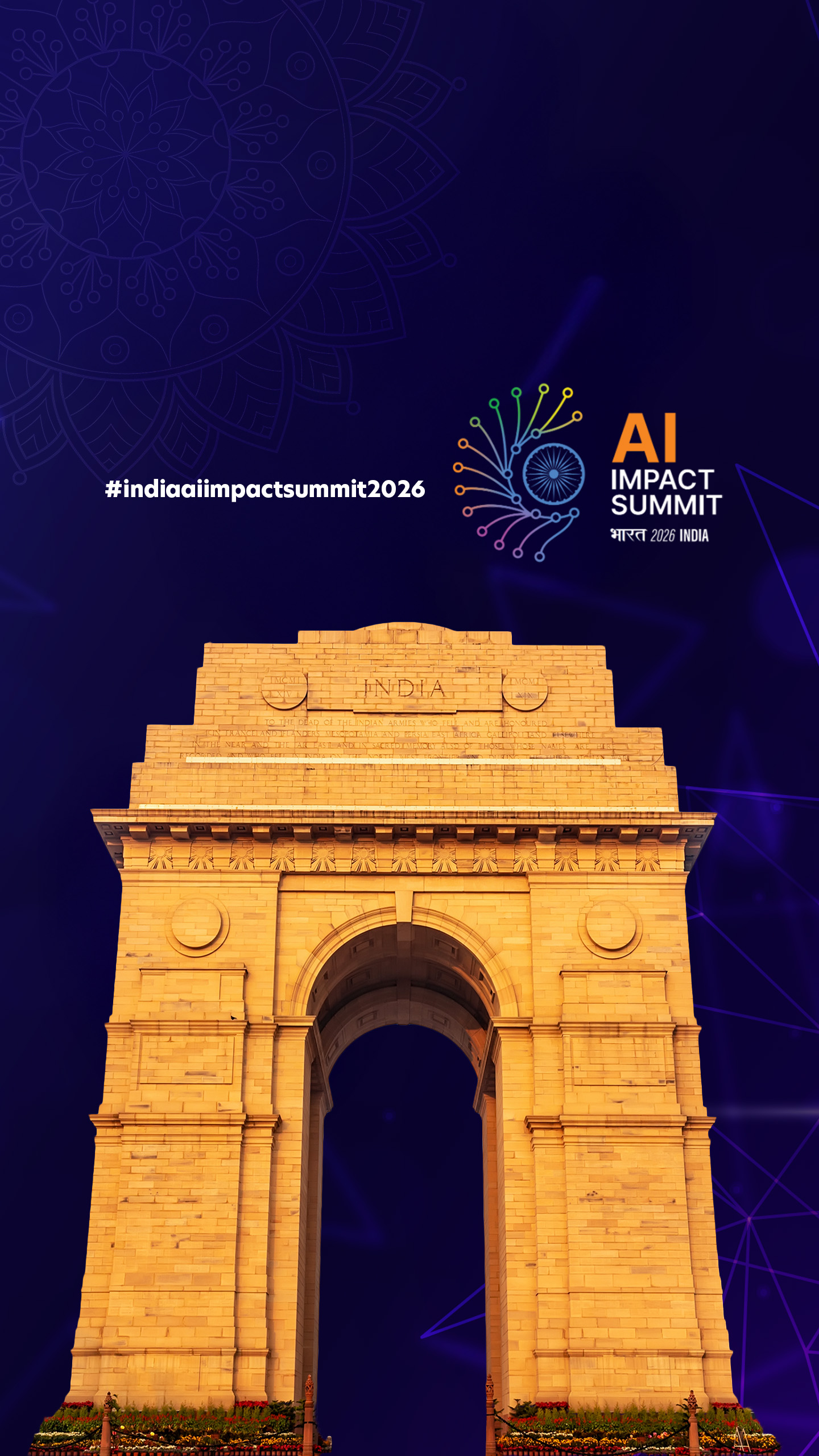The monsoon season in India has become increasingly unpredictable and destructive. With the climate crisis worsening, this article highlights the need
for advanced forecasting and robust infrastructure to face the challenges.
Climate's Unpredictability Rises
The monsoon season has brought devastation, with climate change intensifying rainfall. This shift requires India to boost its weather forecasting capabilities. The India Meteorological Department (IMD) is actively pushing 'nowcasting,' providing localized forecasts just hours before events. This is critical due to the uncertainties planetary warming has introduced, with weather patterns becoming more erratic.
Forecasting Improvements Needed
The Bharat Forecast System offers better extreme rainfall predictions, but there's room for growth. Current infrastructure, like automatic weather stations and Doppler radar, lags behind the estimated need. The IMD is exploring collaborations with state governments and private entities to expand resources, especially during the monsoon season, to enhance forecasting accuracy and preparedness.
Proactive Resilience Planning
Given the short lead time for preparing for extreme events, India needs to make climate resilience a priority. This involves addressing weaknesses in city infrastructure and ensuring ecologically sound development in hilly regions. The Centre, state governments, and local bodies must collaborate to create a robust response system to combat the monsoon's increasing unpredictability.















